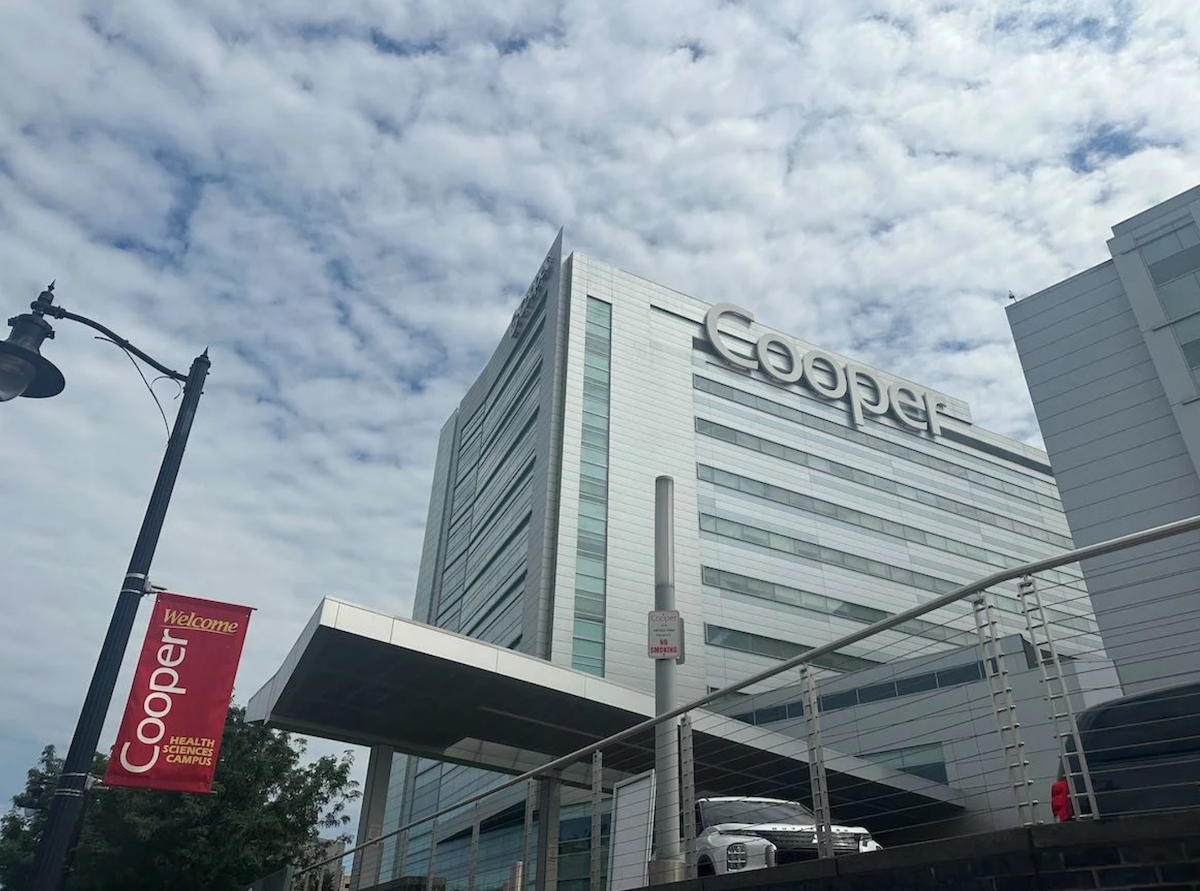Beni-koji, a food coloring derived from red rice brewed with the fungus Monascus purpureus, has been used in the production and processing of fermented beverages for many years. While beni-koji offers health benefits due to its high content of monacolin K, a cholesterol-lowering ingredient, it also has the potential to produce citrinin, a toxic substance that can cause kidney disease.
Recently, five deaths in Japan have been linked to the consumption of dietary supplements containing red yeast rice. Experts suspect that these deaths may be related to the use of Kobayashi pharmaceutical company’s beni-koji red yeast rice product. The pharmaceutical company has recalled the product from store shelves as a precautionary measure, and Japan has recalled more than 40 other products containing beni-koji from various companies.
Despite the health benefits of beni-koji, its fermentation process can lead to the production of citrinin, a toxic metabolite that is associated with kidney disease. Mycotoxins like citrinin are often formed after harvest and can be found in stored grains. In addition to nephrotoxicity, citrinin has been linked to oxidative stress and apoptosis, as well as liver and lung damage, immune system disorders, and cancer.
Recent reports from Japan’s Food Safety Commission suggest that some health problems in Europe have been linked to dietary supplements containing beni-koji. While Kobayashi initially stated that their beni-koji product did not contain citrinin, further testing revealed the presence of an unknown substance. With over 100 people hospitalized and 5 deaths reported in Japan



